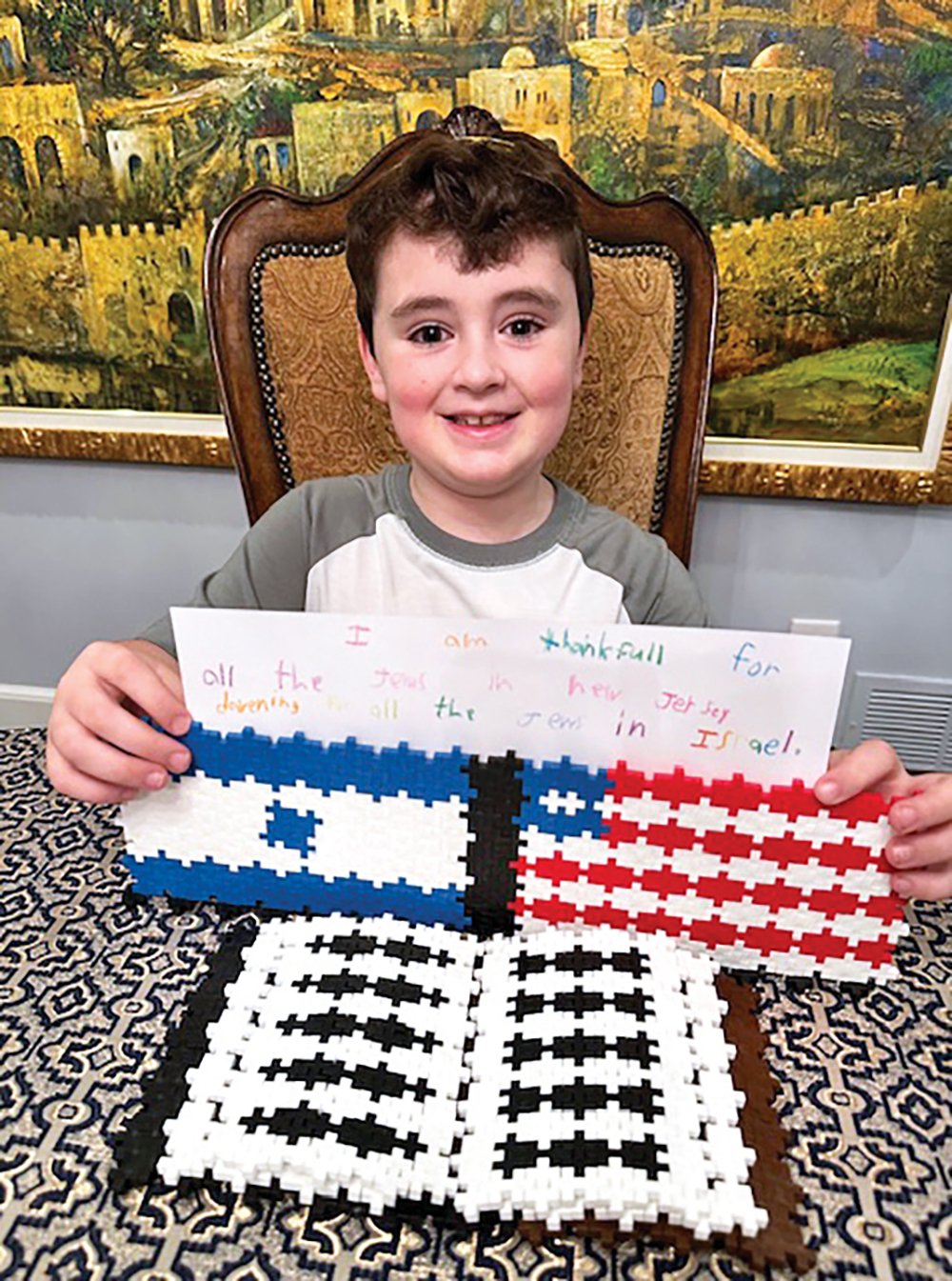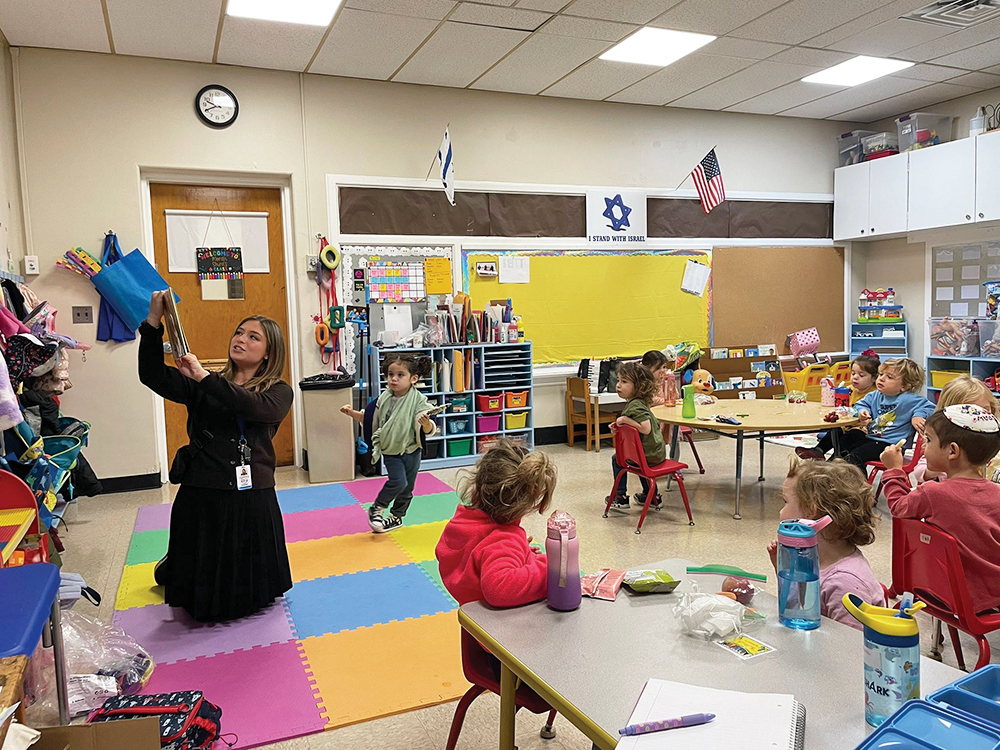

Many of us can’t imagine what life was ever like without them. Smartphones, tablets, smart watches, screens big and small; they are a part of our world. A dizzying array of digital devices, useful and often targeted to help us ease our daily lives, teach, entertain, distract or stave off boredom, seem designed just for us.
For most children, tech is present at home and in the classroom. But is all tech always good for our children, who have never known a world without it all around? When a baby is distracted with her mother’s phone in the supermarket, does this suppress his or her awareness of and curiosity about the world around him or her? When our kids enter the house and run to find their tablets before even taking off their coats, is that a sign of unhealthy addiction? With our 24-hour-a-day work expectations, are adults modeling poor relationships with technology to our children? Has the advent of tech created a disconnect between family members and with society at large?
Dr. Catherine Steiner-Adair, EdD, has been working to answer these questions, and many others, since her book, “The Big Disconnect: Protecting Childhood and Family Relationships in the Digital Age” (HarperCollins), came out in 2013. She is a clinical instructor at Harvard Medical School’s department of psychiatry, and works as an educational psychologist in private practice. The Moriah School is bringing her to speak to the community, at Congregation Ahavath Torah, on November 15 at 7:30 p.m. The event is open to the public.
In an interview, Steiner-Adair shared that communities are actively looking for solutions for the right balance of technology use for children. “Since the book came out in 2013, I have been on the road just about every week, September through May. I have traveled across the country and to South America, Latin America, Asia and the Middle East, working with children 8 to 18. I have spoken to teachers, faculty, leadership teams at schools, trying to help everyone look at best practices for using tech at home and at school, to make sure it’s authentic to each school’s mission,” she told The Jewish Link.
When she first wrote the book, Steiner-Adair said, there was not as much research out there as today. “Every day, more and more research is coming out. Every day we learn more about how the human brain, especially the child’s brain, reacts to all this tech. It’s challenging because we had all fallen in love with tech before we had the science to understand what to do with it,” she said.
“We now know something we didn’t know. The mere presence of a phone, turned off, on your desk, in your backpack, in your pocketbook, can undermine your ability to be fully present with your peers, your colleagues and your instructors,” she explained. “We have to train our brains to not look at our phone every time we hear that ping.”
There is also research to indicate that children with certain learning issues are particularly at risk with screens. “People who have attention deficit disorder are some of our best programmers and gamers. They love the stimulation of tech. Gaming offers a reward system that’s very compelling. It’s easy for kids with that wiring, which comes with both strengths and vulnerabilities, to excel at using tech, while having a harder time modulating their use of technology,” Steiner-Adair said. “If a kid has ADD or ADHD, they are more likely to love certain aspects of tech and have a harder time resisting the thrill and the stimulation. They will have a harder time turning it on and off.”
For the book, Steiner-Adair interviewed 500 teachers, 500 parents in 30 schools, and 1,000 children between the ages of 4 and 18. “Since then I have interviewed twice that amount,” she explained, as her research continues and a body of work has developed, not just by her but by colleagues in a variety of disciplines. Some consensus has been reached, in certain areas. (Based on the current body of research, France’s ministry of education has now banned smartphones for children under the age of 15 in schools, Steiner-Adair reported.)
In 2015, an interdisciplinary academic organization formed and has been developed to address the issues associated with technology and children. Steiner-Adair explained she had just came back from the “Second Congress of Digital Media and Developing Minds,” a collaboration of the National Academy of Sciences and “Children and Screens.” The conference, held in mid-October, brought together scientists and researchers in the fields of neuroscience, pediatrics, psychiatry, psychology, communications, education, public health and epidemiology. (Steiner-Adair is also set to give a TED Talk in Portland, Maine, and has an article coming out in Techonomy Magazine in November, entitled, “Is Technology Going to Be the Death of Education?”)
“There’s a large, ever-growing body of research; scientists around the world [are] looking at this,” Steiner-Adair noted, adding that her research asks if there is any psychological fallout for children we’re not paying attention to. “What is it like to be a child growing up in this digital age? What is the child’s experience? Kids have tons to say about both,” she explained
Steiner-Adair added that while it’s hard to grow up in such an age, technology has never been better or more reliable, and certain apps like FaceTime, are useful and good for family togetherness.
But there are some notable differences between earlier versions of tech and today’s. “When you watch TV everyone is looking at the same screen as the big screen. There is comfort and and it creates a different ambience. It’s relaxing. People fall asleep in front on the TV. They don’t fall asleep playing a game,” she said.
“There are pauses built into television programs, during which [time] people interact and talk. There are no ethical regulations in the gaming industry, or very weak ones. The games or apps, like Snapchat, are designed to get kids psychologically hooked.
“Sometimes parents say to me, ‘I wish our family could be religiously observant Jews so that we wouldn’t have to work so hard to get everyone off their screens so we can hang out together.’”
Adults also have a hard time creating screen-free time. “It’s important to give your brain a rest, tapping into solitude, nursing your capacity for solitude. These are human needs as well as desirables. Today, we aren’t getting the kind of nourishment and attention that we need for our psychological well-being. There are simple things that we used to do, like going for a walk with your family, that didn’t involve tech, Steiner-Adair explained. “There’s an exaggerated sense of urgency. We crave the stimulation of the smartphone,” she noted.
Recommending modeling good tech behavior, Steiner-Adair shared a few points. “There are certain moments where it’s important that you not pick up your phone. It can wait five minutes, it can wait 10 minutes. No job doesn’t allow a bathroom break. Kids hate when they are picked up from school and you are on the phone. Maybe have the car be a tech-free zone,” she suggested.
“There’s the part of your brain that lights up that thinks ‘This is urgent, take it now.’ The reality is that it can wait 15 minutes, it can wait a half hour,” she said. Unless one is a doctor going into surgery (or some other life-saving situation), the sense of urgency we have around our phones is often exaggerated, she explained.
A key difference between adults and children is that we can actively work to understand the dynamics of the screen, and consciously make moves to change our habits. “My hope is that the more kids, grownups and teachers understand the dynamics—and they are different for everyone, psychologically, neurologically—they will be able to make better choices and outsmart their smartphone.”
“It’s incumbent upon schools and parents to work together to teach teenagers how to be their best selves both face-to-face and online; to learn how to develop a healthy and ethical relationship to technology. It’s important to take this seriously; this is a whole new area of preparing young adults that didn’t exist previously.”
Dr. Steiner-Adair’s talk is Thursday evening, November 15, and is free of charge, though RSVP is requested. Please visit www.moriahschool.org/smevent.
By Elizabeth Kratz
�












